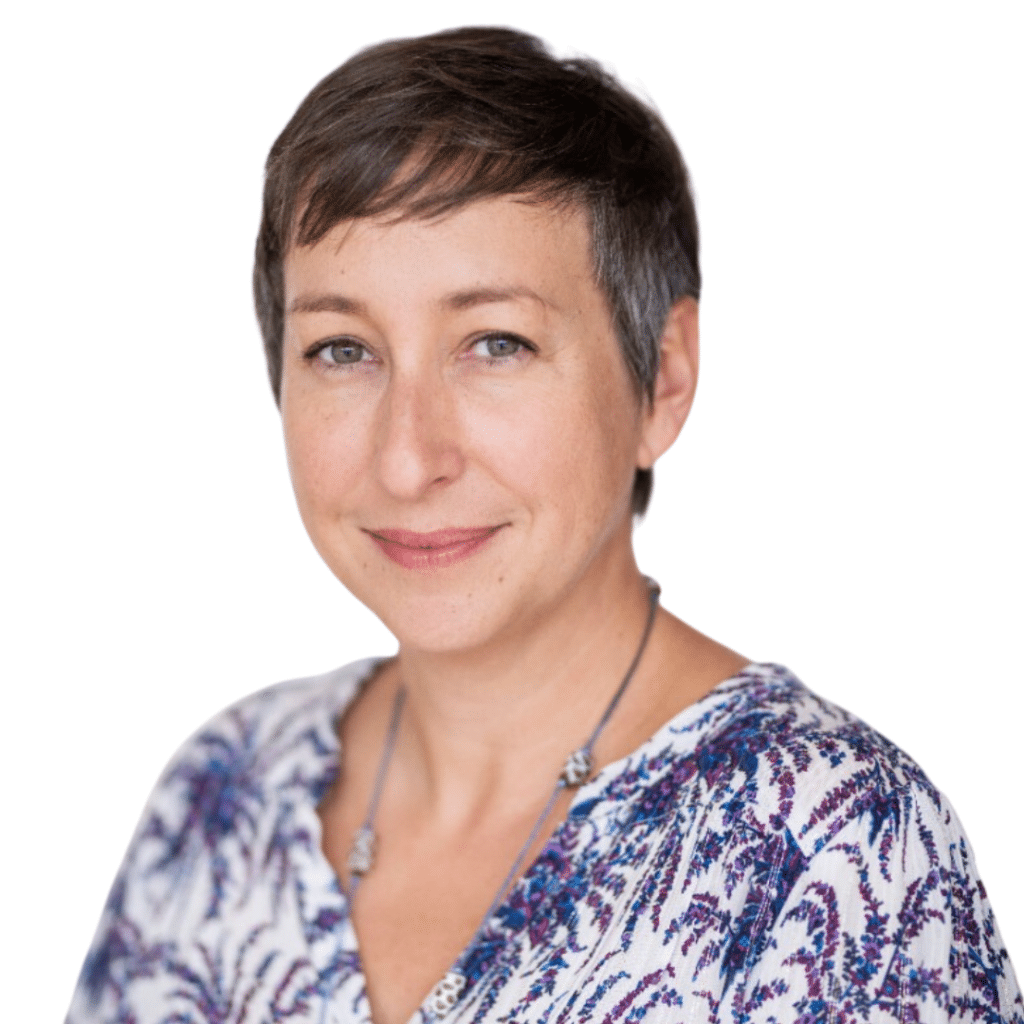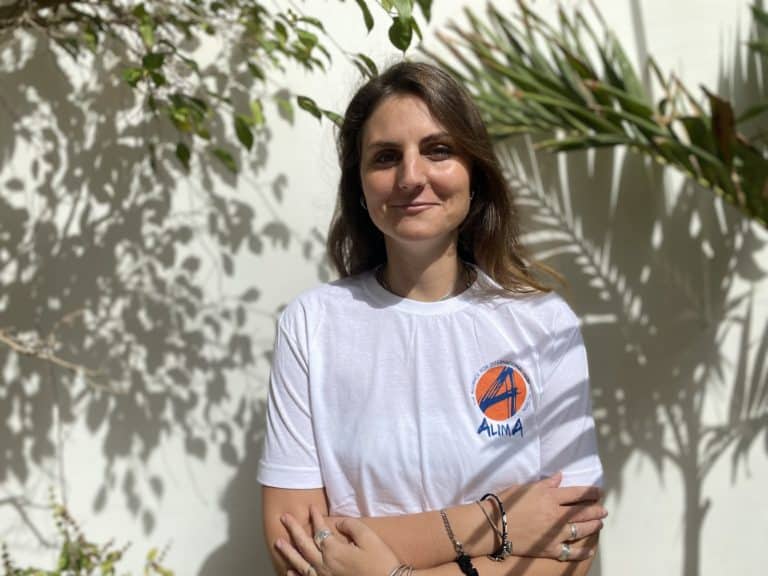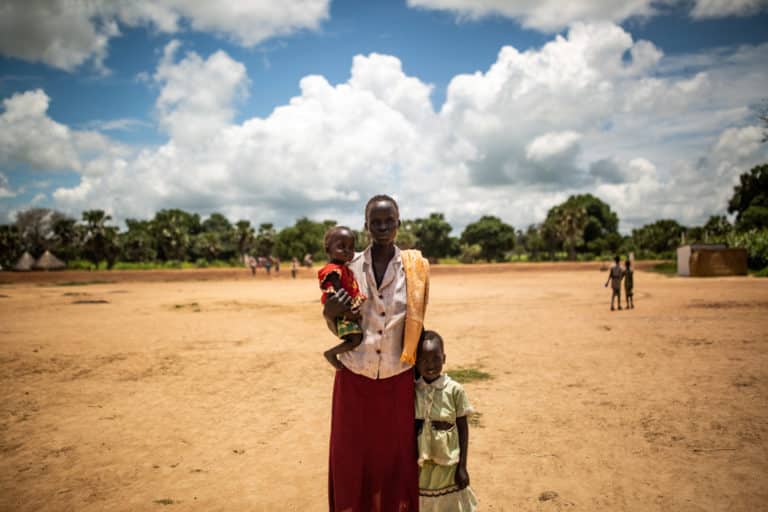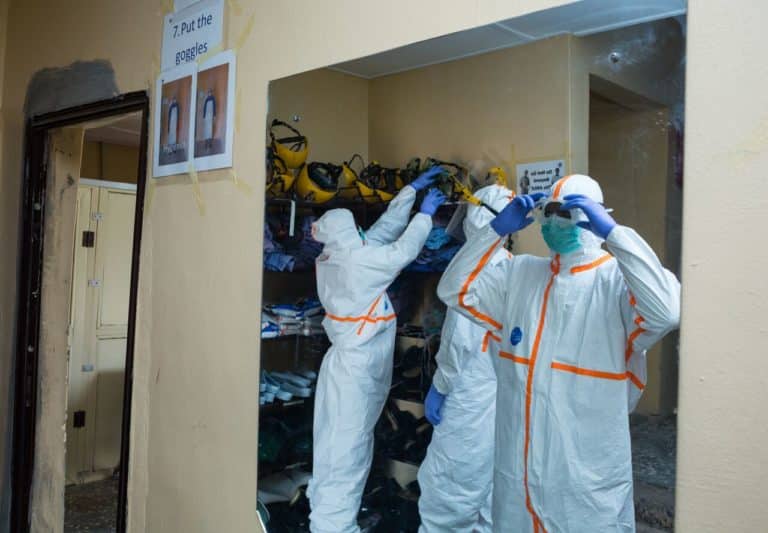Odessa, 04/20/04 – Humanitarian workers from ALIMA (the Alliance for International Medical Action) have been working in the most at-risk regions of Africa for the past 13 years, offering medical aid to affected communities and working closely with national governments and health workers. While known for its interventions on the African continent, the NGO expanded its operations last year to include a response in Ukraine, where ALIMA’s team continues to provide needed health care to the populations affected by the conflict.
In April 2022, for the first time in the organization’s history, ALIMA opened an operations coordination office in Europe, specifically in Odessa, to provide essential health care to people impacted by the war in Ukraine.
ALIMA brings its expertise of providing medical aid in conflict zones to Ukraine
ALIMA is focusing its response within the Mykolaïv and Kherson Oblasts, regions close to the frontlines of the war in southern Ukraine. Currently, millions of Ukrainians are in need of emergency humanitarian aid in these regions. Isolated in areas under attack, the population in this area is suffering from a lack of access to health care, especially for non-communicable diseases such as diabetes, cardiovascular disease, and respiratory ailments. Many health structures have been damaged or destroyed, and there is a lack of medical personnel and medicines.
One year after launching its intervention in Ukraine, ALIMA teams remain on the ground, applying their expertise in emergency medical aid in war zones to their response. To date, ALIMA has supported ten hospitals and 38 health centers with medical equipment, surgical kits, and medicines. It has also supported the management of more than 120 surgical cases with the help of ALIMA’s anesthesiologist at the hospital in Berezanka, a town located on the main axis between Mykolaïv and Odessa.
Alliance with local staff at the heart of our emergency medical response
True to its model of alliance with local partners, ALIMA collaborates with local authorities and organizations, as well as Ukrainian health personnel. This strategy enables ALIMA to deploy an emergency response in areas that are not easily accessible. Because of this unique partnership approach, medical facilities in need of urgent support were quickly identified and at-risk populations were able to receive life-saving care.
Despite the context of the war, ALIMA is rehabilitating damaged health structures in Ukraine to maintain an efficient and sustainable health system in the country. In the Kherson Oblast, three sites have been rehabilitated, along with seven others in the Mykolaïv Oblast.
Additionally, mobile clinics have been deployed in the Mykolaïv and Kherson Oblasts to bring specialists (gynecologists, ophthalmologists, neurologists, cardiologists, psychologists, etc.) as close as possible to patients in towns and villages near the frontlines. More than 7,000 consultations were carried out by multidisciplinary teams, including experts from the African continent.
As violence and displacement are prominent sources of major trauma in war zones, ALIMA has made mental health care a priority, training frontline teams to provide psychological first aid to victims. To date, nearly 1,500 mental health consultations have been conducted in the two Oblasts where ALIMA works.
From humanitarian aid in Africa to aid provided by African humanitarians
Specialized in humanitarian medicine in crisis zones in Africa, ALIMA is intimately familiar with working in conflict zones, namely in Burkina Faso, Mali, the Democratic Republic of Congo, and Sudan. By providing needed medical aid to Ukrainans near the frontlines of the ongoing conflict, ALIMA continues to make its mark on humanitarian medicine on an international scale.
In Africa, and elsewhere, there are numerous crisis zones afflicted with armed conflicts or climate disasters. “Humanitarian needs continue to grow around the world, and ALIMA’s teams have much to contribute from their experience on the African continent,” says Moumouni Kinda, ALIMA’s Chief Executive Officer. “The paradigm is changing: from expertise gained providing humanitarian aid in Africa, we now have African humanitarians helping in other parts of the world, where local partnership is and always will be synonymous with resilience and effectiveness.”




